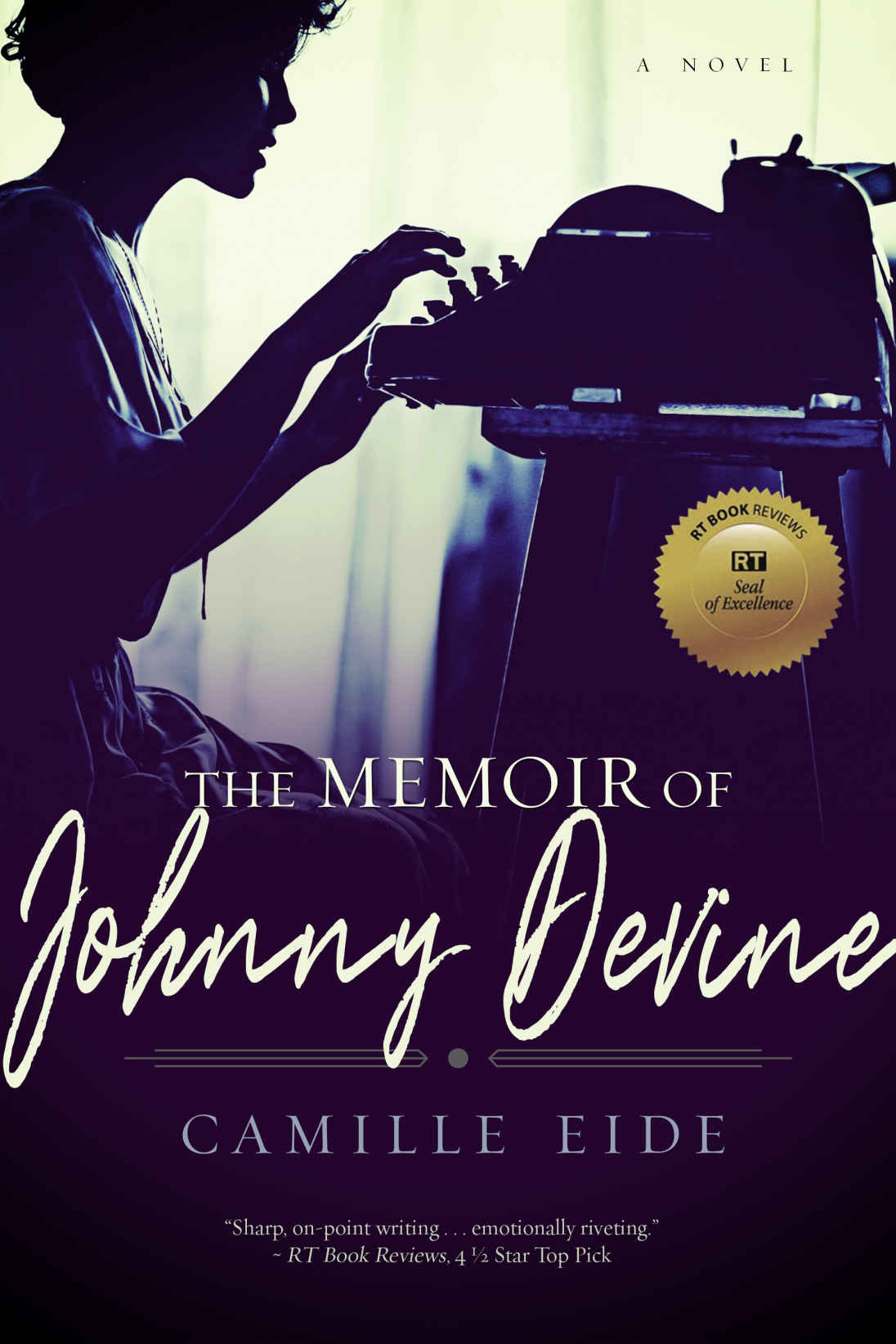
Do either of these statements describe the way you see God’s love for you?
1. God loves me, but (or as long as) _______.
2. God loves me, period.
Is God’s love for us something we control by our actions or behavior? Is his love contingent on what we do or don’t do?
In the biblical parable of the Prodigal son, Jesus tells us the story of a young man who thoroughly insulted his father by asking for his inheritance or “death benefit” early and leaving home to do as he pleased—to go hog wild, so to speak. After he partied all of his inheritance away, he found himself destitute and starving. He came to his senses and realized he’d been a wretched fool and his only hope for survival was to return to his father and beg to be made a slave. But as he neared his father’s estate, his father saw him from a distance and ran to meet him, embraced and kissed him, overjoyed at his son’s return.
Was the father’s love for his son based on the condition that the son return to him? Or did he love him all along?
I wonder if some of us see God’s love as conditional, based our actions, strivings, and obedience to him. I wonder if some of us need to see that God’s love is not like human love; it is not capricious or waning like that of humans. He doesn’t give the silent treatment when insulted or hold an offense over our head. His love does not tire like a discontented mate and send him in search of someone new.
I have often despaired of ever being good or pleasing enough. I struggle with the constant challenge to do better, to be better, to try harder. Yet I fail. I am inherently flawed and prone to mistakes. I can only follow Christ and serve him with his help, and even then I fall short of my aims.
But . . . then I read the story of the prodigal son and am reminded this represents the Father heart of God. Jesus paints a very touching picture of a father’s love, and more importantly, our heavenly Father’s love. I am so moved by this story, straight from the mouth of Jesus himself, which describes the holy, righteous God of the universe as an incredibly loving father.
Don’t get me wrong. I am not moved by the fact that the son got away with reckless sin and was forgiven without question, as though I were looking for a way to justify or excuse sinfulness. I am just awed and touched by picture of the Father’s steadfast love. The father didn’t lift his chin and turn to his friends and say, “Well. At least he’s back where he belongs, that takes a load off my mind. Lucky for him he came to his senses. But he has proven himself a disappointment and won’t soon forget what he did, I can guarantee that.”
No. He celebrated his son’s return to him. Wholeheartedly, with exuberant joy. He was so moved to emotion that he ran, breaking cultural codes of propriety. He not only ran, he embraced his son and kissed him. Couldn’t contain his joy at his son’s return. Unreservedly expressed his love before his son had a chance to speak a word of remorse for his sin. Showed lavish grace and forgiveness without another word about what the son had done.
I wonder if those of us who grew up either fatherless or with dads who were unloving or abusive have a particular need to be reminded of the “Father heart” of God. I am not suggesting that we should ever forget that he is also God of the universe, the absolute holy, righteous judge. But those of us who have lived under the thumb of someone who rules by cruelty and intimidation may have a harder time understanding how so good and loving a father can be at the same time so exacting in his judgment and so thoroughly demanding of holiness. It’s simply who God is (and more than can be addressed in a blog post.)
We must do our best to keep in mind the big picture perspective of all that God is, and not pick and choose our favorite attributes. He is fierce both in his love and his holiness. His love is everlasting—to those who fear him. (Psalm 103:17) Not fear him in the same way I once feared a stepdad’s return home from work every day, but a reverence for him in all his righteousness and holiness. AND his love. Embrace the total truth of who God is and allow Him to embrace you in return.
And don’t forget: he is running to embrace you long before you’ve even arrived.










